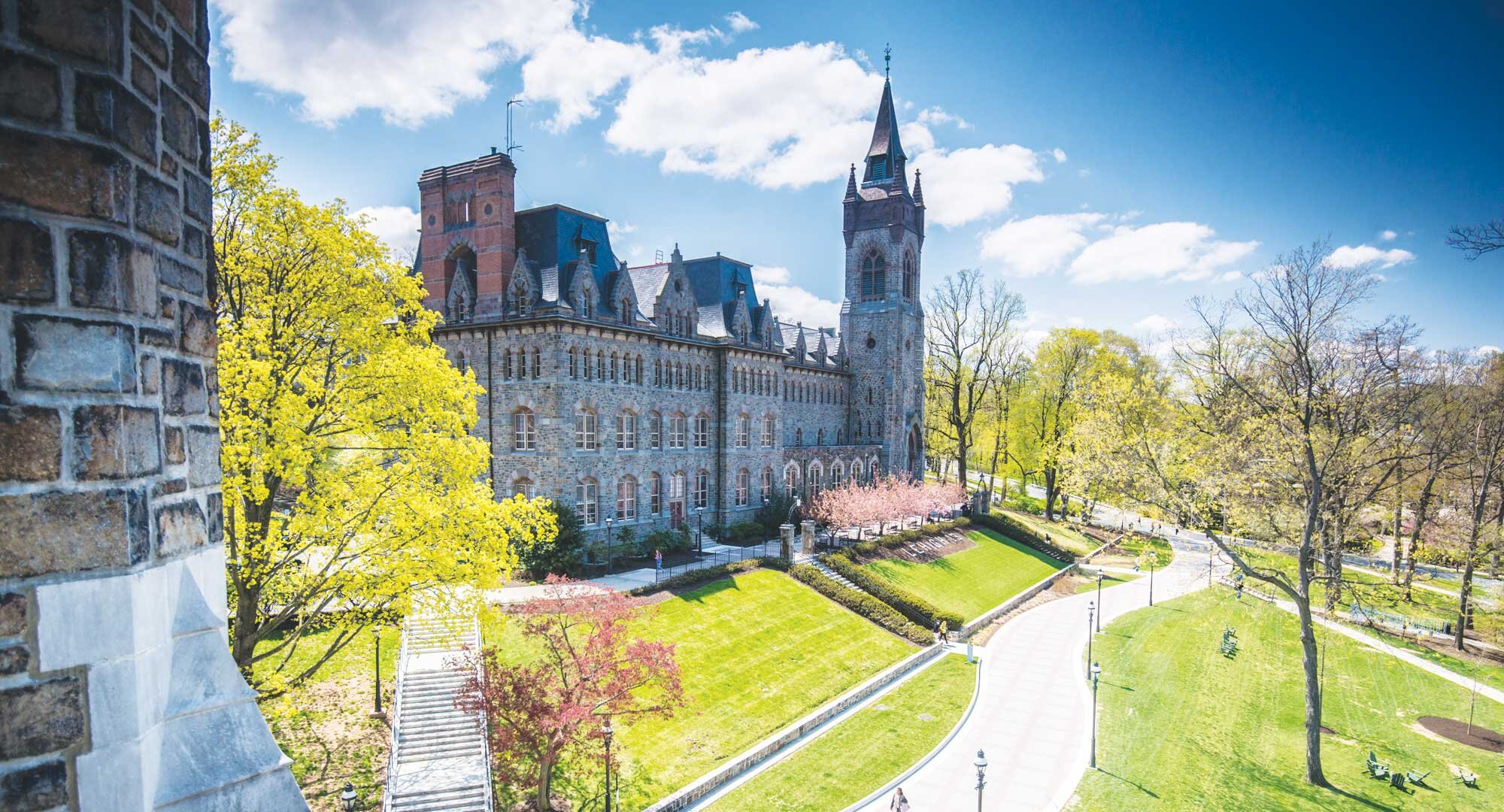Latinx Studies at a Predominately White Institution: Transforming the Academy & Writing Our Own Path
Author’s note: With writing and contributions by Mericel Mirabal, Alissa Flores, Ivery Marquez, Emma Eggleston, and Raphael Keele.
Generations after students and faculty of color [first] organized for [greater] representation and autonomy for our literatures and histories, Latinx Studies courses and faculty hires in our [respective] fields continue to make “firsts." We may arrive on campuses with good intentions, but little to no understanding of what Latinx Studies is. Yet, as Gloria Anzaldua writes, universities need frameworks that “rewrite history using race, class, gender and ethnicity as categories of analysis, theories that cross borders, that blur borders—new kinds of theories with new theorizing methods” (Anzaldua 1990). Engaging in Latinx Studies goes beyond offering up cultural content and events. This field of study offers rich frameworks in which to examine a host of aesthetic, social, cultural, and political issues and tensions. In my experience teaching at a Predominately White Institution (Lehigh University) and a Hispanic-Serving Institution (Florida International University), and a Minority Serving Institution (Hunter College), Latinx Studies frameworks, along with other fields in Ethnic Studies and Critical Race Theory, are often simultaneously made invisible and co-opted in the name of diversity initiatives.
Teaching Latinx Studies courses introduces theories and bodies of knowledge that are meant to disrupt the traditional academy. However, more than anything, I have seen how courses such as my “Intro to Latinx Literature and Culture'' and “Puerto Rican Women Writers,” offer students, especially students of color, models for artistry and modes of analysis for resistance that allow them to see themselves as participants and leaders in creative and social struggles. When I first arrived on campus in 2016, I wanted to learn how Latinx students, and students of color generally, had been organizing on campus around racial justice issues, including undocumented student struggles and racialized, gender violence. Something I noted particularly about the Lehigh student population was that often cultural clubs and student associations functioned as intellectual lab spaces where students created their own curriculum that were not represented in traditional areas studies programs. Students actively engaged in:
Curriculum design and filling in intellectual gaps in traditional area studies programs through student organizations for racial justice. Theoretical frameworks were actively sought by student leaders and rigorously discussed at twice-weekly meetings.
Performance art was a central part to student activism. Students continually centered performance as pedagogy at demonstrations on issues such as DACA and racial and gender-based violence on campus. For this reason, many of my courses offer the option of creative projects where students combine research methods with poetry and short story responses. Performance continues to develop how Latinx stories travel on-campus as one student Ivery Marquez produced the first run of In the Heights, featuring all students of color cast, to virtual audiences at Lehigh this spring.
Intergenerational mentoring among faculty and students of color. For example, graduate students and undergraduate students such as Cynthia Estremera and Brenda Martinez, as two of the only Latina graduate students, served as mentors for my early time as an assistant professor in terms of helping me navigate the space and sharing what they believed was important for a future curriculum and praxis of Latinx Studies.
Much of what I learned teaching Latinx and Ethnic Studies at Lehigh and other universities is what helped me become involved in the engineering, along with student activist-scholars such as Kevelis Matthews-Alvarado (Africana Studies major and then-Black Student Union co-president) and Ruben Rosas (Business major and then-president of the Latinx Student Alliance), of the Institute on Critical Race and Ethnic Studies (ICRES). Matthews-Alvarado is now our first graduate assistant and works on archiving student activism. Moving forward, researching Latinx communities, including those in Pennsylvania and the Lehigh Valley (with a historic Puerto Rican community going back to the Bethlehem Steel days) became part of the research platform of the ICRES. Students such as Alissa Flores now work as undergraduate assistants/data storytellers (see her creative piece “The Process” below). Matthews-Alvarado, Flores, and I presented our combined work at the Ethnography in Education Forum at the University of Pennsylvania Graduate School of Education. The following are student testimonies and wisdom based on undergraduate research and pursuits in Intro to Latinx Literature and Culture, a first-year writing course on Latina Novels, and Latinx Studies/Puerto Rican Studies in K-12 workshop series (through the ICRES, Ed Justice Initiative). In particular, students participating in writing this piece had much to say about resisting ideas about homogenization in the Latinx community, the importance of Ethnic Studies in higher education, and the role of community in Latinx epistemologies and learning designs.
–Marilisa Jiménez
Student Testimonies by Mericel Mirabal, Lehigh Junior, Sociology and Latinx Studies
Beyond Homogenization
In the semester of Fall ‘20, we were enrolled in a class called “Latinx Literature and Culture” with Dr. Jimenez-Garcia. Immediately entering the class, I was excited about what this would entail. As a Latina at a predominantly white university there were not many Latinx studies classes offered that focused on Latinx culture in the United States. This class was like no other I’ve had in my time at Lehigh. We read many Latinx literature pieces and held meaningful class discussions that truly allowed us the ability to learn about the Latinx community, learn that Latinx people are not homogenous and the need for representation. Fernando Cuaya, Lehigh Junior writes that “there is so much writing and accomplishments of the Latinx community that is never celebrated or brought up.”
This pushed students to do their own research and participate in discussions outside of the class setting pertaining to this topic. The vast majority of my peers portrayed their creative final projects as their “passion projects'' in which it was disheartening to hear that they felt they would not have any other opportunities at Lehigh to do this same kind of work. It enabled students to identify the need and want for these types of courses in the aims of being truly anti-racist and decentering whiteness in our curriculums.
In the United States, there is a big narrative of Latinx people as one big homogenous culture. This belief is that there is only one Latinx culture or narrative. Reading and seeing these works in contemporary, real life examples really solidified the saying “You don’t know, what you don’t know.” Much of the Latinx history and culture is underrepresented as there is so much of it that does not get brought into academic spaces. It is very easy to get disconnected from reality when the works that are continuously highlighted are not reflective of Latinx people. In this class, we read all kinds of Latinx narratives that went beyond what meets the eye. As Emma mentions, she was aware of certain struggles that those who are marginalized faced but emphasizes that, “learning from literature written by the community showed me aspects of the struggle I was completely unaware of.”
The Promise of Higher Education
Most students do not have the opportunity to learn about these topics before college unless they are actively seeking it out for themselves, which already shows how much K-12 curriculums center whiteness when they should, in fact, center experiences of people of color. Higher education is glorified for being a space where they help to mold their students into critical thinkers so in the effort to do so, these institutions should move away from centering whiteness. At a predominately white institution (PWI) like Lehigh University, it is imperative to have Latinx studies, African studies, Asian studies, etc. because they move away from whiteness as an ideology. As Raphael Keele, Lehigh Junior mentions, having these programs “gives space for students to create anti-colonial politics that will lead to change within Academia.”
This change in academia is important due to its being a settler colonial institution with white supremacist values. As Keele describes the only way for this to change is with radicality and decolonization. Having these programs with anti-colonial politics would be “more efficient at questioning the current systems in place” and deconstructing “how they are harming students,” and will be thus, “more inclusive as well.”
Relationship and Contexts for Community
Universities like Lehigh should be held accountable to offer these programs and classes. The reality is that the world is not white, so our education should be more reflective of that. It is not enough to just have clubs and organizations that allow for spaces that are anti-colonial. It is the university’s job, quite literally, to shape their students to be well-rounded individuals with all the assets to succeed. As of now, they have a campus population that is afraid of going into the city because they view Bethlehem as a ghetto environment since it is predominately Latinx and poverty-stricken, often times referring to it as “sketchlehem” or “the dirty B.” To me that is unacceptable because they are essentially condoning this sentiment where white people feel superior to the Latinx community and will end up continuing to gentrify the community because they don’t care for or see value in it. Ivery Marquez, Lehigh Sophomore emphasizes, “This class is so important because the terms, people, pieces we studied are often misunderstood, overlooked, or not properly taught.” Having these ethnic studies programs and classes are crucial for the understanding of these Black and Brown communities especially when these predominantly white institutions are surrounded by them.

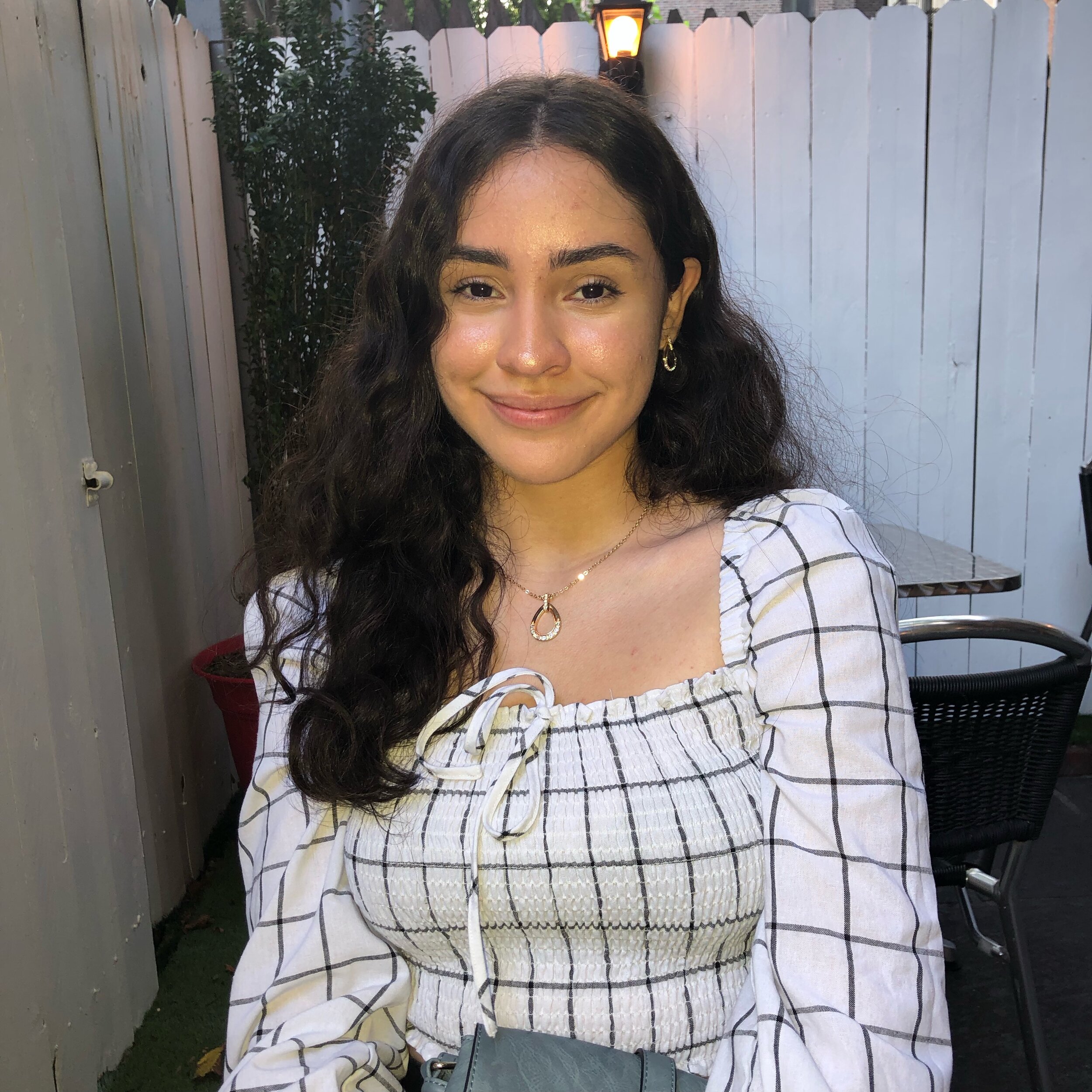
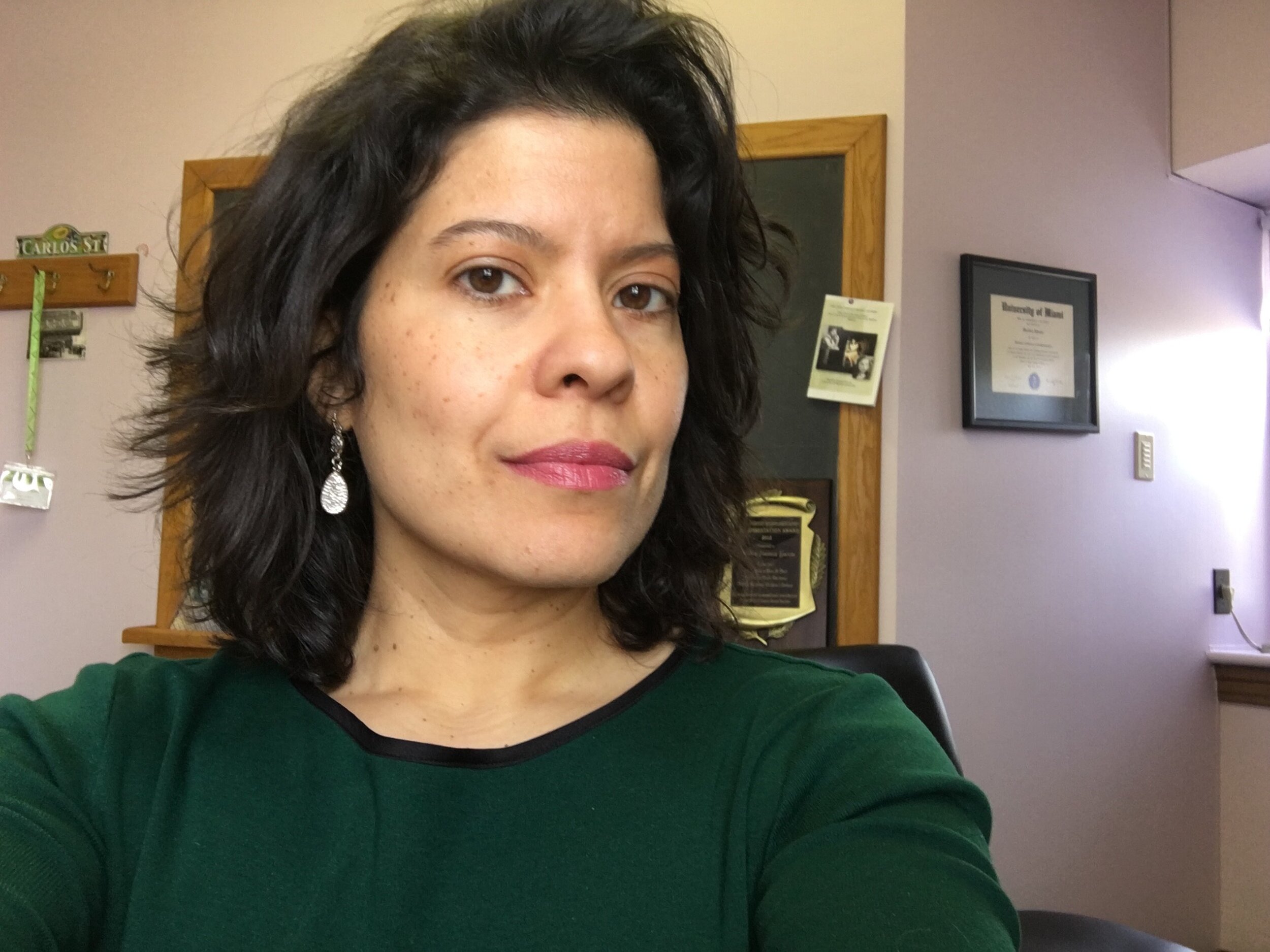
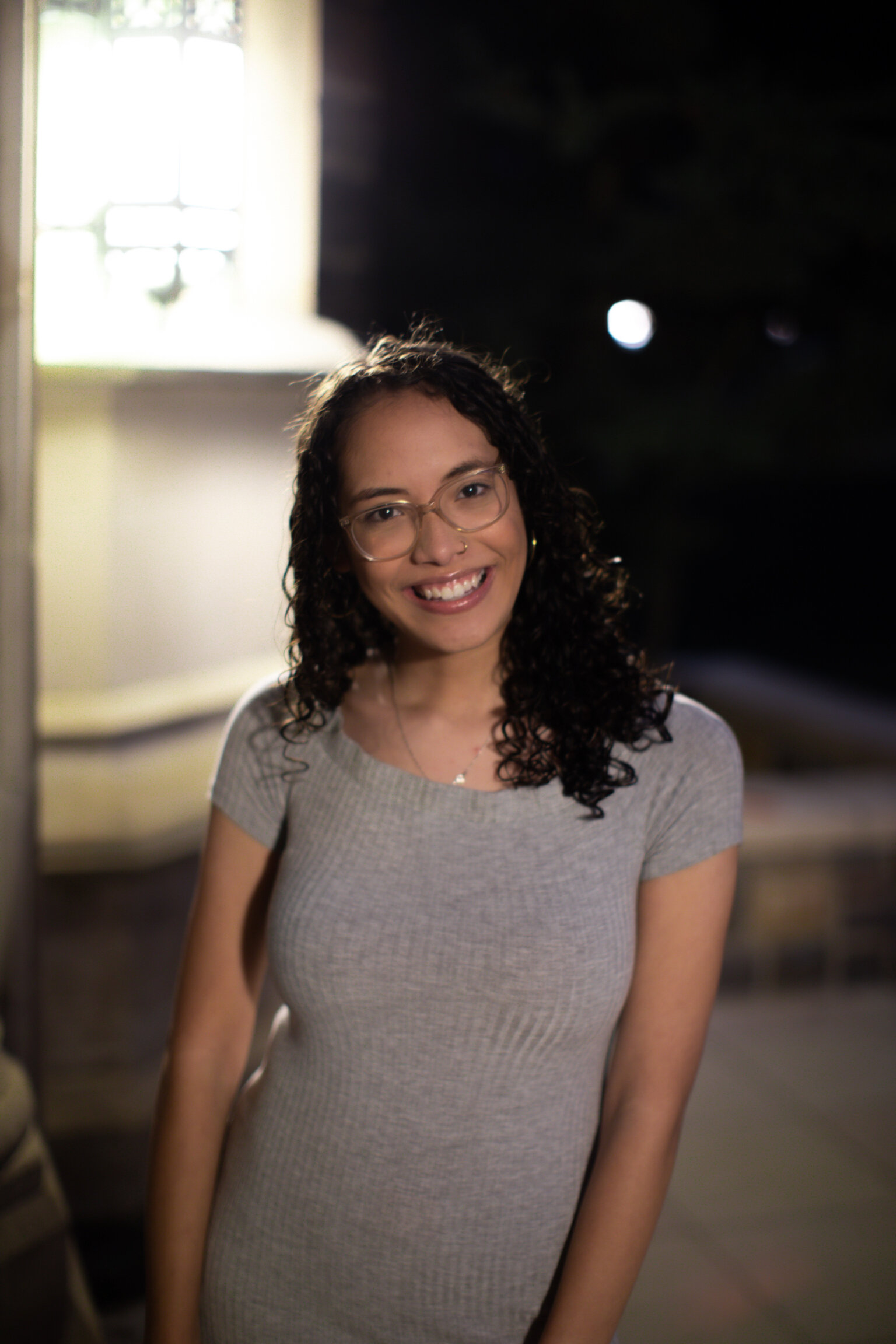
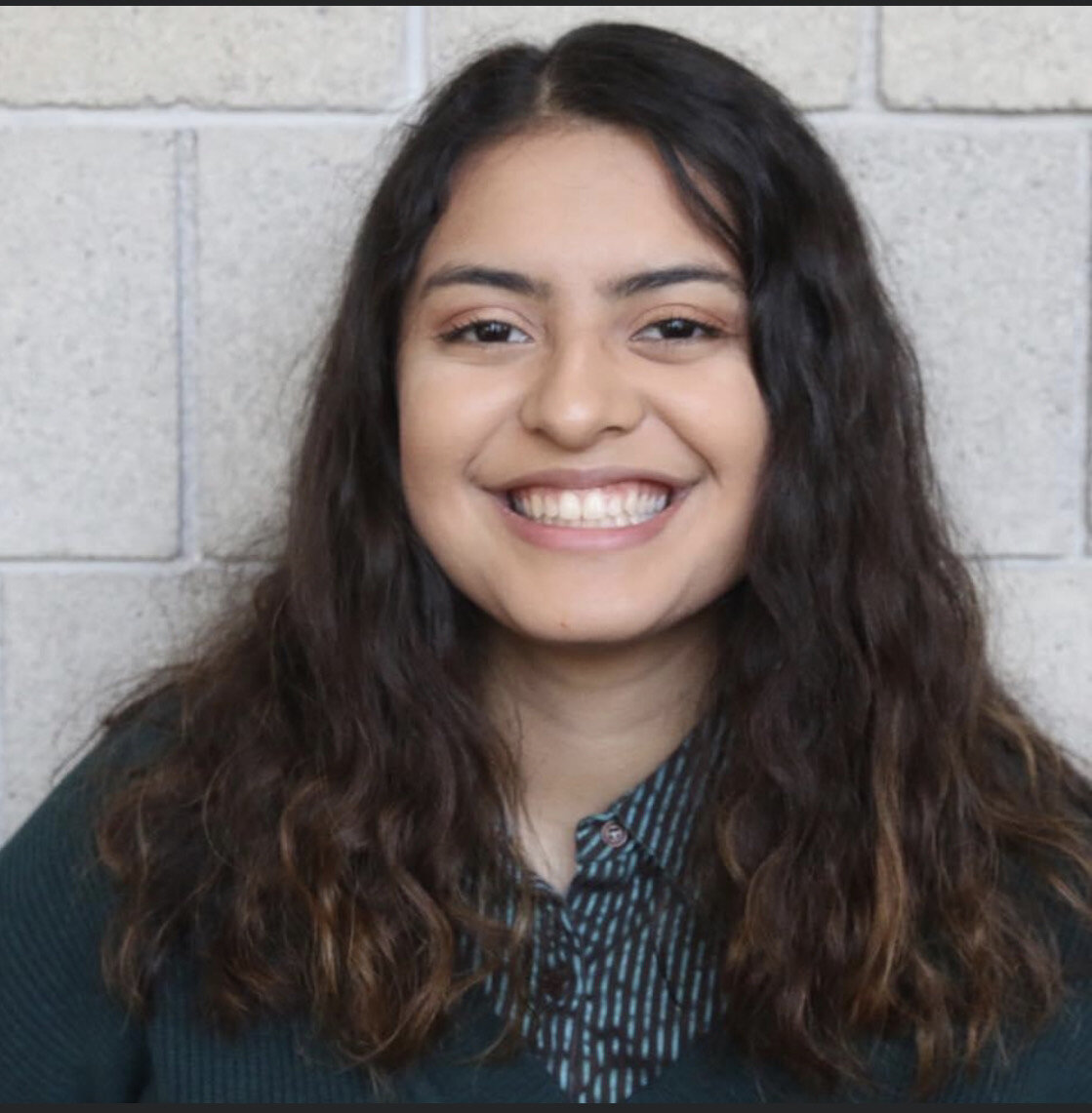
Student Poem: Spoken word poetry on Latinidad, art as a form of healing, and accessibility
“The Process” by Alissa A. Flores
Days where I feel a little more transparent than usual
A little more vulnerable, out of place, invisible
Some days I forget the work I’ve done to get right here
I feel like an impostor in a world that they say was meant for me
It could be the pressure of being the generation that’s supposed to do it all
Supposed to be a savior
Supposed to create something, supposed to prove this was all worth it
I don’t know if you know this, but I don’t do so well under pressure
On the days I feel a little weaker than usual
I blast the songs of my culture in my ears
And it feels revolutionary
It feels like I’m biting back
It feels like I finally have the upper hand
Poetry I never got the chance to write
Poetry drowned out by the need to work hard
To sacrifice
To lose sleep
To take pieces of myself
Make something of myself
To make something of myself
Aside from my art
Constantly told I need to give pieces of myself to be here
Told myself I need to work hard ‘cause I’m here,
Because people worked for me to be here
But I don’t wanna lose myself to be here
When I speak to all my friends
Who grew up similar to me
These women tell me familiar stories of
Vulnerability
There’s no longer room for our femininity
Alongside any type of safety
We can't leave our homes with any sense of tranquility
But in our art we feel safe
We foster one another in the words we say
And the pictures we paint
We hear one another, we call it sisterhood
The way we can make art in honor of one another’s hardship
And beauty
Her aura, a medium between nurturing, divine, unbreakable
Yeah, you can see it in her art
Yet growing up there was no time to linger
No time to sit and create, make space
No time
The spaces where we could heal
Sing songs, dance, cry, yearn
Use our hands and our souls to make the pieces we hold close
They closed at 6, had to get on the subway by 5
No time
But when I do
When I do get to let my thoughts, feelings, mantras flow
Those mornings where my mother makes her mixtures
To Bless the home
And the city streets a little drowsier than usual
Days where I can think, create, concentrate
Forget that the world is moving, and it's hurting
I write
I write like I’ve been holding back my entire life
I write like this is the way to give my parents back their time
Time they spent exploited in a country that promised them so much
I write like the world is ending and this is my last word
I write like it is my duty to write
Because it is
For my grandmother who couldn’t
The gentle woman who relies on the stars
Over any figure of authority
When I write, time stops and I feel her in the wind
And when the world moves again
And time feels scarce
I hop and skip around words in my head
Making equations and rhymes to level myself
Making lyrics and counting syllables to find pieces I need for myself
To heal
That’s the Nuyorican way
I get on the 5 train and I jot down notes
I backtrack, I pinpoint, I think about that word I need
On the tip of my tongue
I heal
And even when the universe is begging me to stop
I heal
And when I finally get to my destination
Just for a moment
The pressure of being the generation that’s supposed to do it all
Gives me the drive
I needed to make it through the day
Feeling a little less transparent
And a little more like I belong
Feeling a little more healed
A little more healed
Dr. Marilisa Jiménez García is an interdisciplinary scholar specializing in Latino/x/a literature and culture. She is an assistant professor of English at Lehigh University. She has a Ph.D in English from the University of Florida and a M.A. in English and B.S. in Journalism from the University of Miami. She was born in Bayamon, Puerto Rico. Marilisa’s research on Latinx literature have appeared in Latino Studies, 3CENTRO: A Journal of Puerto Rican Studies, The Lion and the Unicorn, and Children’s Literature. Her book, Side by Side: US Empire, Puerto Rico and the Roots of American Youth Literature and Culture (University Press of Mississippi, 2021) examines the history of colonialism in Puerto Rico through an analysis of youth literature and culture both in the archipelago and in the diaspora. She is also editor of the new, third edition of Caribbean Connections: Puerto Rico (2020) published by Teaching for Change.

